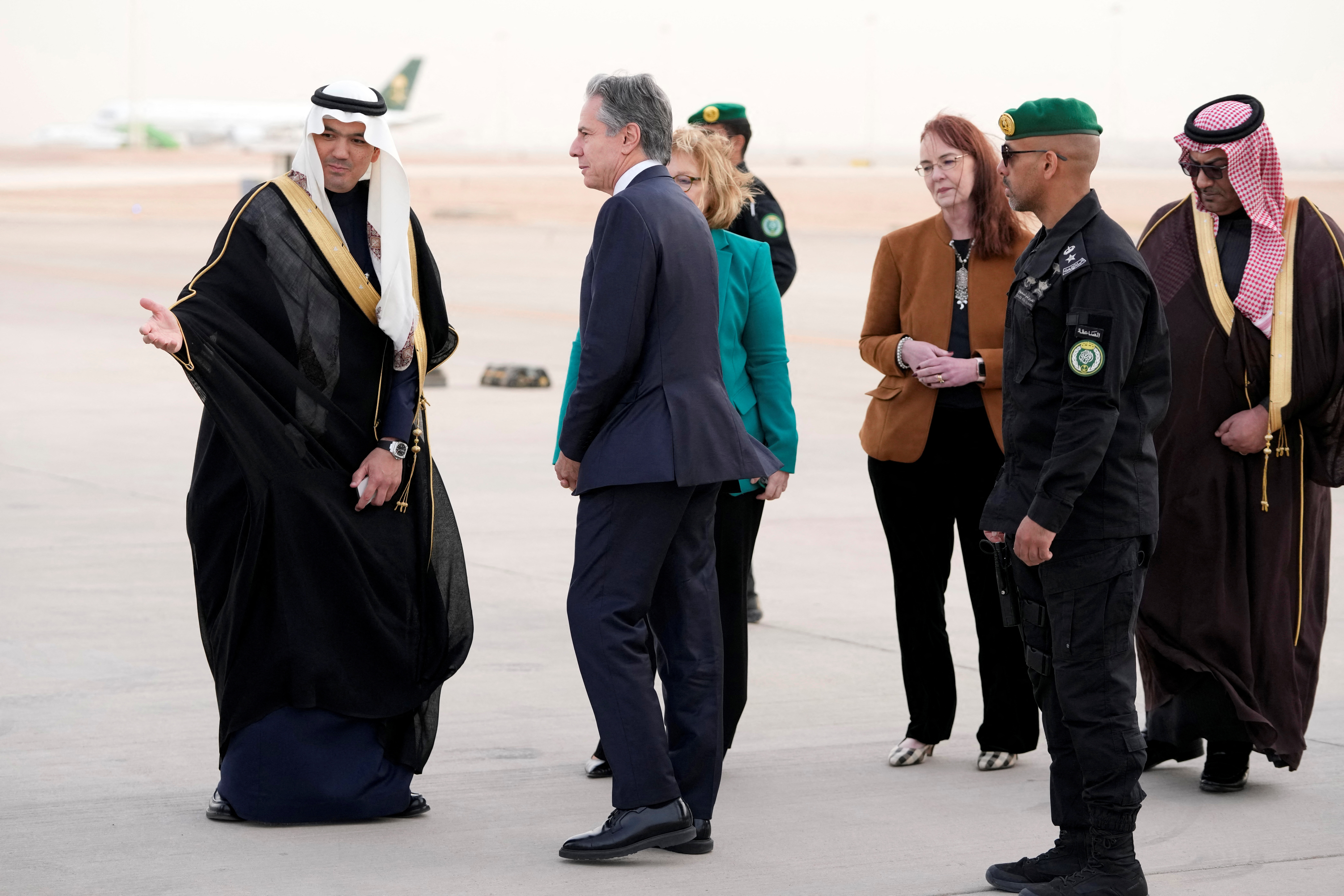
Several leading airlines, including Singapore Airlines, British Airways, and Lufthansa, have resumed and expanded their flight operations over Afghanistan, a significant shift from their previous avoidance of the region. This development comes as heightened conflict in the Middle East has altered the strategic calculations regarding air routes over Afghanistan, which is now perceived as a safer passage compared to other turbulent areas.
Singapore Airlines, known for its extensive global network, has recently reintroduced flights that traverse Afghan airspace, optimizing its routes for better efficiency and reduced travel times. British Airways has similarly adjusted its flight paths, capitalizing on the relatively stable conditions in Afghanistan to streamline its services to destinations in Asia and beyond. Lufthansa has also augmented its flight operations over Afghanistan, aligning with the broader trend among international carriers adjusting their air travel strategies in response to regional conflicts.
The shift follows a period of considerable wariness among airlines regarding Afghanistan, largely due to the unstable security environment over the past decades. However, with ongoing conflicts in the Middle East, particularly in regions like Syria and Iraq, airlines are reassessing their route safety assessments. Afghanistan’s airspace is now viewed as a more secure corridor amidst escalating risks in neighboring areas, leading to a reevaluation of its viability for international flights.
The increased flights over Afghanistan are part of a broader trend where airlines are continuously adapting their strategies to maintain operational efficiency while navigating complex geopolitical landscapes. Airlines are leveraging technological advancements and real-time data to ensure the safety of their flight paths and optimize their operations accordingly. The shift underscores a broader realignment in the aviation industry, driven by evolving geopolitical circumstances and the quest for operational efficiency.
This strategic adjustment highlights the intricate balance airlines must maintain between safety and operational efficiency. The decision to expand routes over Afghanistan reflects a calculated response to the changing dynamics of regional conflicts and the shifting perceptions of airspace safety. The development also signals potential changes in the broader aviation industry as airlines continue to adapt their strategies in response to evolving geopolitical conditions.
As airlines like Singapore Airlines, British Airways, and Lufthansa expand their operations over Afghanistan, they join a select group of international carriers adjusting their routes in response to the shifting landscape of global conflict. This realignment marks a notable shift in aviation practices and highlights the ongoing adaptation required to navigate the complex and often volatile nature of international air travel.




